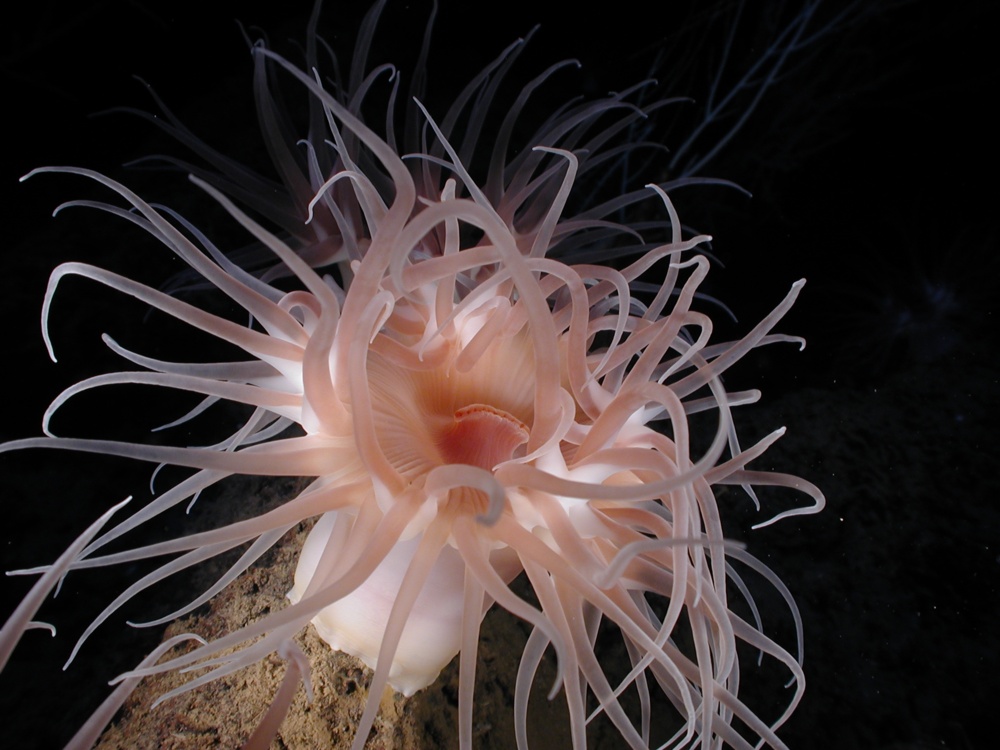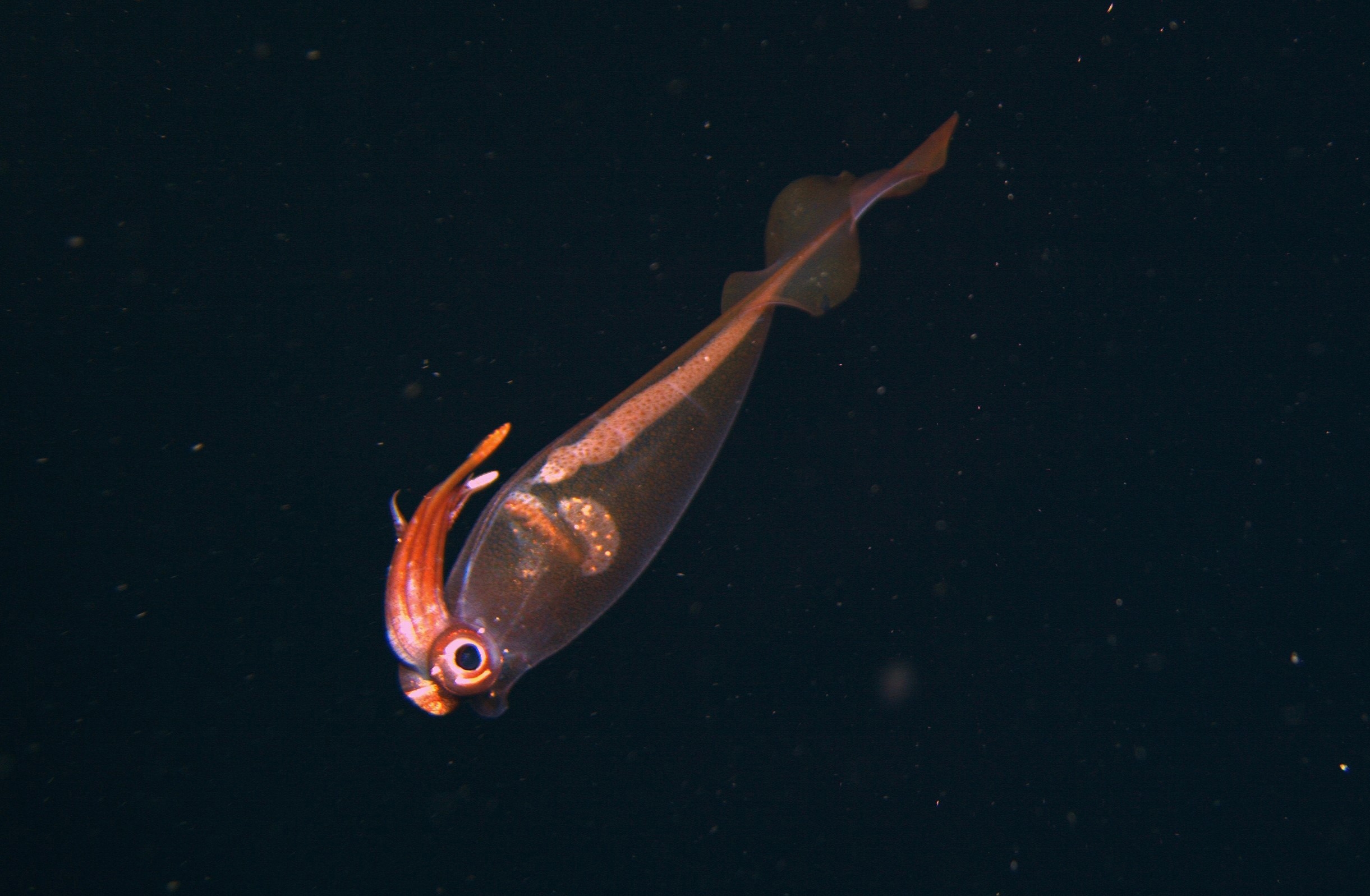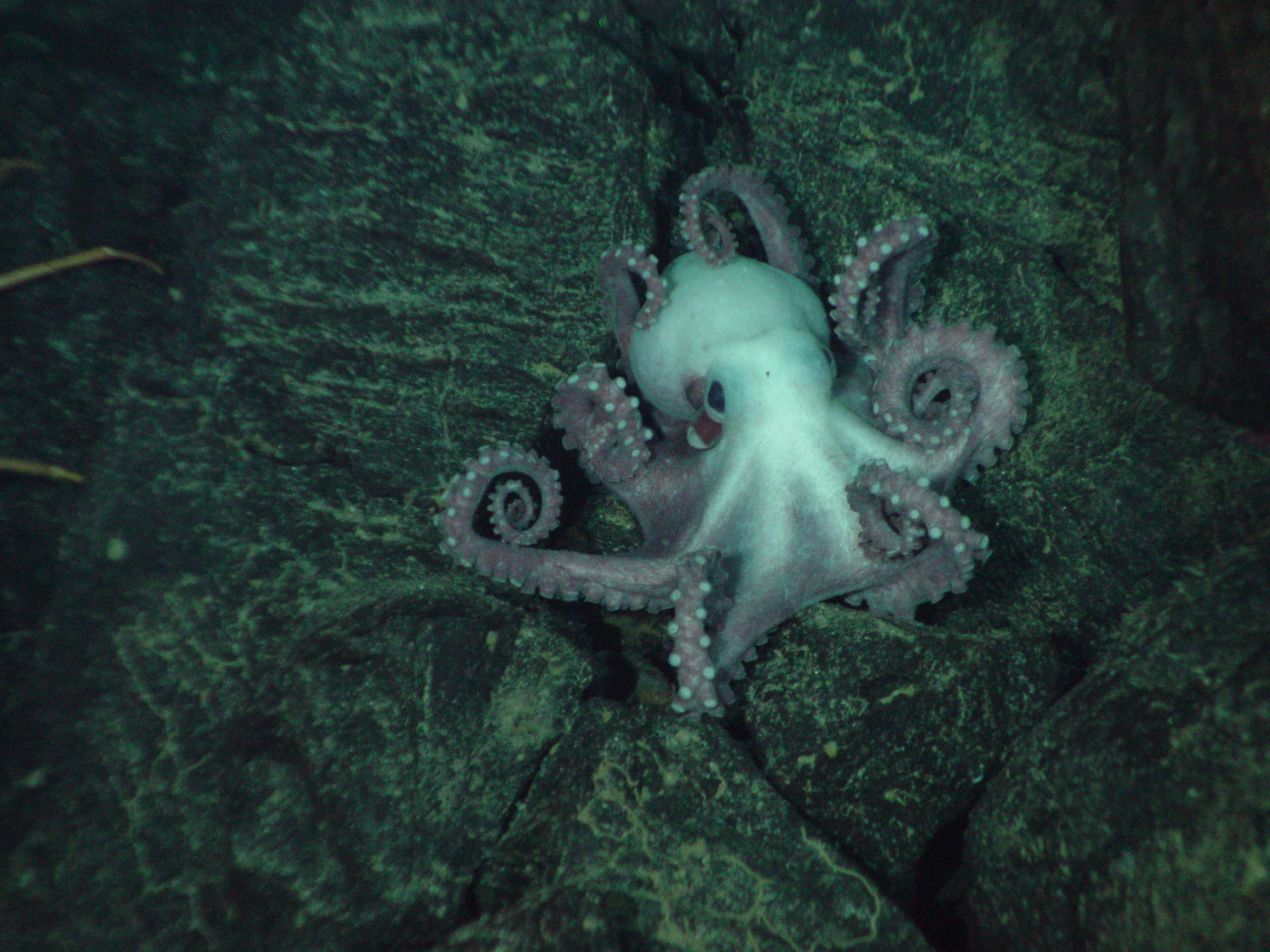
Deep sea mining debacle reveals an urgent need for change
Deep sea mining threatens to damage or destroy priceless ocean ecosystems, and the UN body in charge of governing the seabed is not fit for purpose. Governments must reject proposals to mine the ocean, which would enrich a handful of companies and cost us all.
Deep sea mining could begin in less than a year after negotiations to regulate the industry ended without agreement on environmental rules. The leaders of many Pacific island nations have been in the vanguard of calls to resist the rush, with Surangel Whipps Jr, President of Palau, rightly asking "How can we in our right minds say let’s go mining without knowing what the risks are?”
Despite this, we are rushing headlong into unchecked, unregulated exploitation of the deep ocean, the last true wilderness on Earth, after a two-year countdown to full-scale mining was triggered in 2021. Central to this is the International Seabed Authority (ISA). Charged with ensuring the responsible governance of the deep ocean, it is in fact shockingly opaque, riddled with conflicts of interest and ultimately not fit for purpose.
The ISA has never rejected an application for a deep sea mining permit, with the result that 1.5 million square kilometres of the deep ocean are now set to be mined. This is despite the fact that every time scientists are able to study the areas in the firing line, they find species previously unknown to us.
The conflict of interest arises from the fact that these concessions will directly enrich the ISA; an appealing enough prospect for them that the ISA Secretary-General allegedly appeared in a promotional video for a deep sea mining company. The lack of transparency is so severe that the meetings of the ISA’s Legal and Technical Committee take place behind closed doors and the contracts approved remain confidential.
The deep ocean is being parcelled up and sold off in secrecy, with no meaningful effort being made to understand it before it’s blown to pieces by industrial mining equipment.
Despite the actions of the ISA, many nations have spoken up powerfully against the rush to the bottom, at ISA negotiations and beyond. Chile is calling for a 15-year halt on deep sea mining, with delegates saying that they “can’t agree with the task being undertaken in a way as to prioritise a contractor starting work, running counter to the interests of humanity”.
Palau, Fiji and Samoa have launched the Alliance Against Deep Sea Mining, calling for a moratorium, and the Federated States of Micronesia highlighted the fact that what happens in deep sea mining concessions will affect huge swathes of the ocean. The noise from a single mine could travel 500 kilometres from the source, with devastating consequences for threatened marine life found in proposed deep sea mining areas, including several species of whale.
Deep sea mining is not even guaranteed to bring significant benefits to the nations which support it. Companies who would ostensibly be major users of the metals produced, including Google, Volvo, BMW and Samsung, have committed not to source anything from the deep ocean. The argument often cited by deep sea mining advocates - that we need the metals found in the deep ocean for the renewable energy transition - has always been weak and, as new battery technology develops, it is getting weaker still.
A major potential player in deep sea mining, The Metals Company, is under serious financial pressure and is facing a lawsuit from shareholders claiming it has made “materially false and misleading statements”. Further reducing the benefit to sponsoring states is the fact that the ISA gets the first cut of royalty payments to cover its own costs before states start to see any of that revenue.
The two year rule triggered by Nauru does not mean we must start mining next year; a pause is urgently needed to assess both the impacts of deep sea mining and whether there is actually any sustainable way it can be conducted.
It is clear that deep sea mining will wreak untold destruction on precious, irreplaceable ocean ecosystems. It is currently governed by a body not fit for purpose, strongly resisted by many nations, and the proposed financial benefits are rapidly turning out to be significantly less impressive than the putative miners have claimed. We need to reform the ISA to ensure transparency and no conflicts of interest, initiate a moratorium until the impacts of deep sea mining are fully understood, and govern the deep ocean as the common heritage of all humanity - and all life on Earth.
The deep ocean isn’t the ISA’s to give away, or the property of mining companies to destroy as they see fit so they can make massive profits. It’s a magnificent, poorly-understood but extraordinary set of ecosystems which support incredible wildlife. It keeps our ocean and climate functioning. Governments now have a choice. They can act to preserve this natural wonder, and a few big companies might not get their way, or they can destroy the last wilderness our planet has to keep them happy. It’s time to decide.
This piece was originally published by Fair Planet and is shared here with permission.
Cover image courtesy of NOAA, reproduced here under a Creative Commons License.
SIGN UP FOR OUR EMAILS AND STAY UP TO DATE WITH EJF

